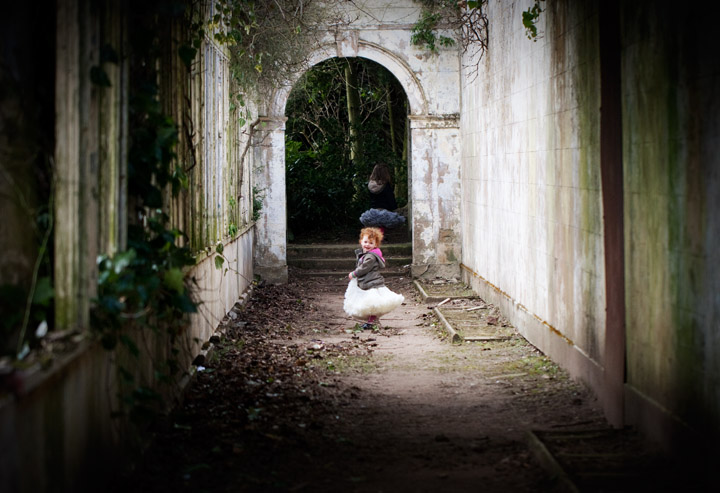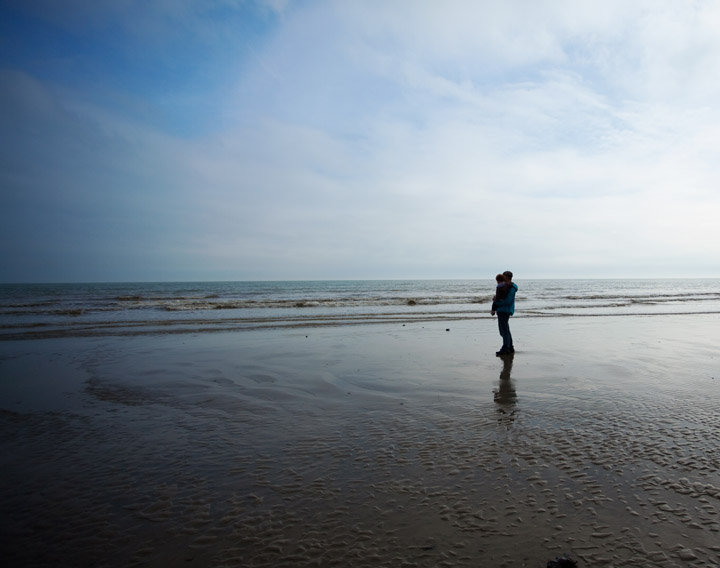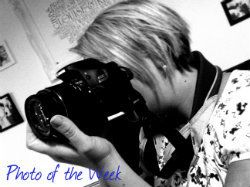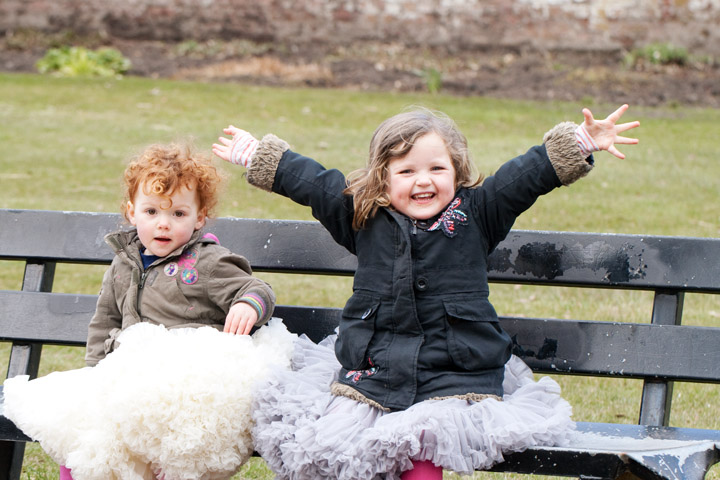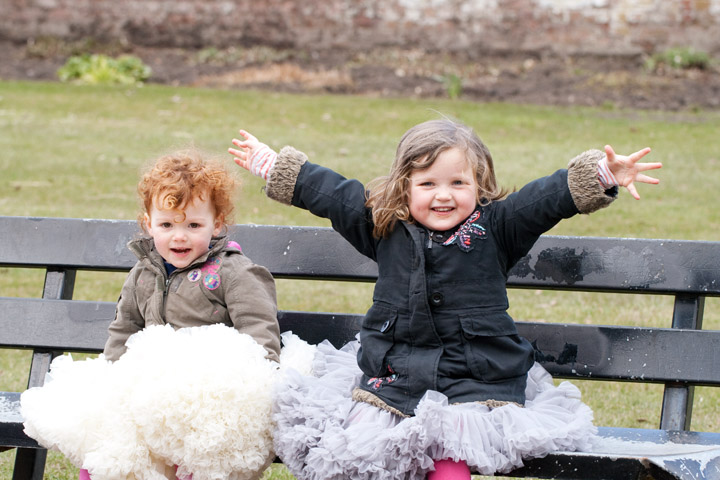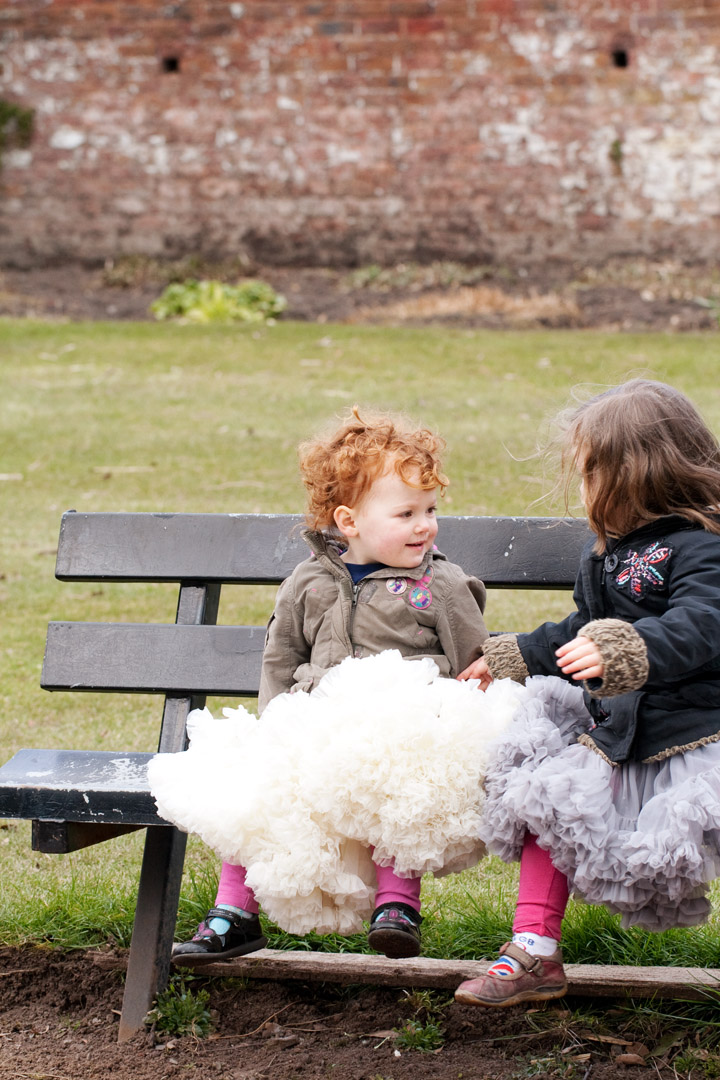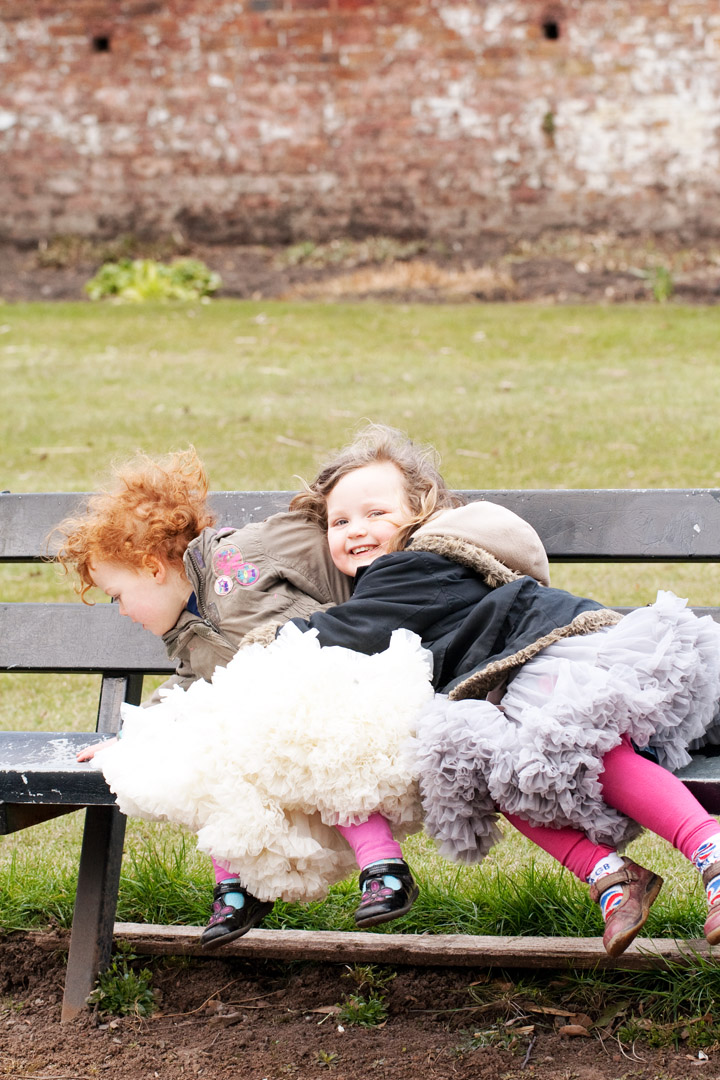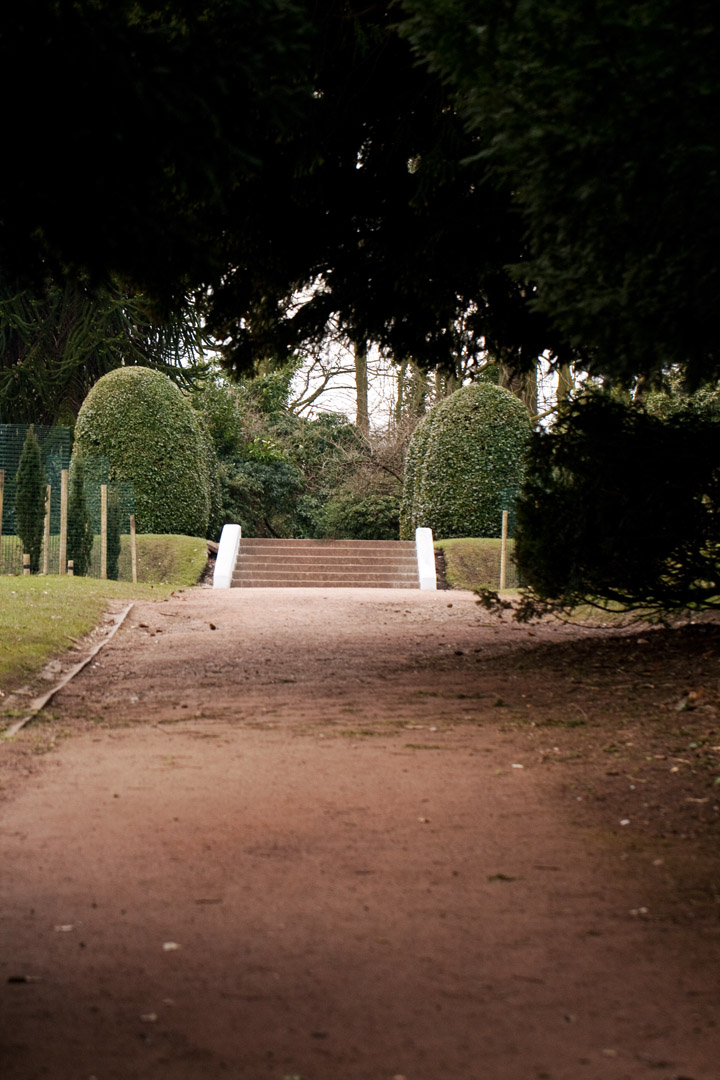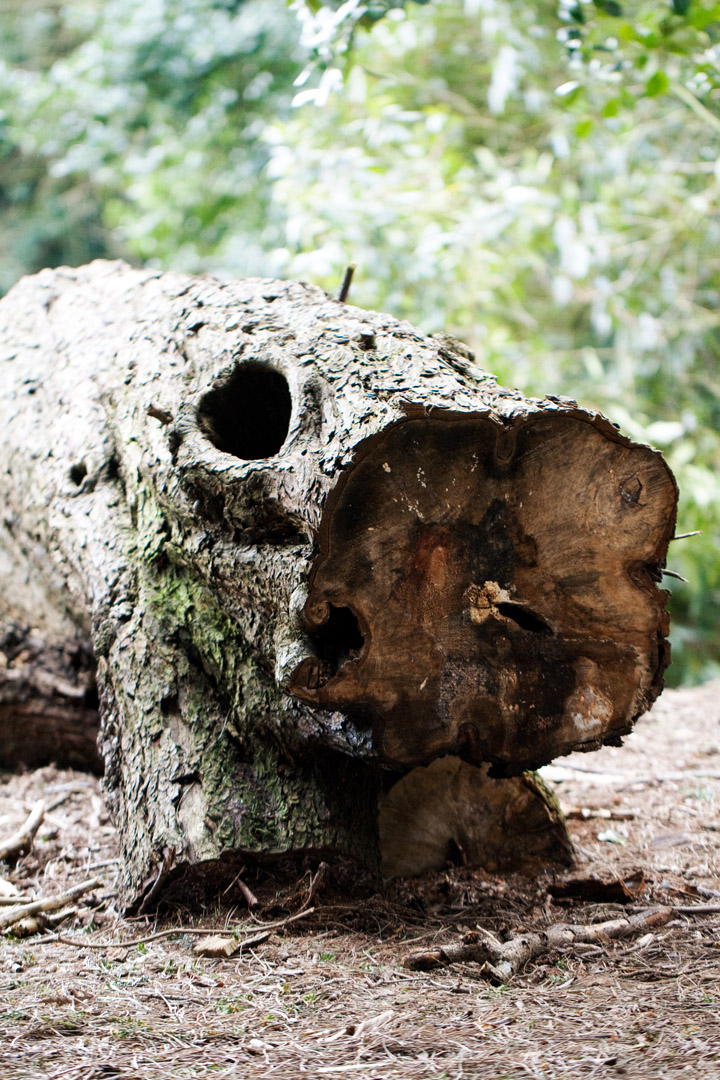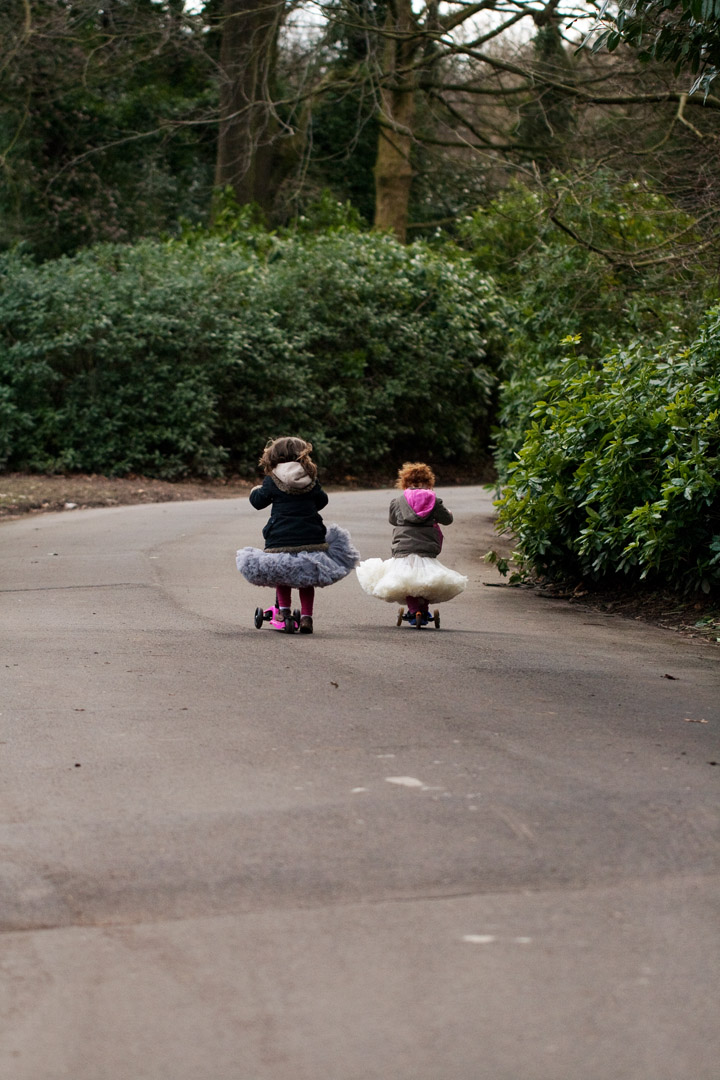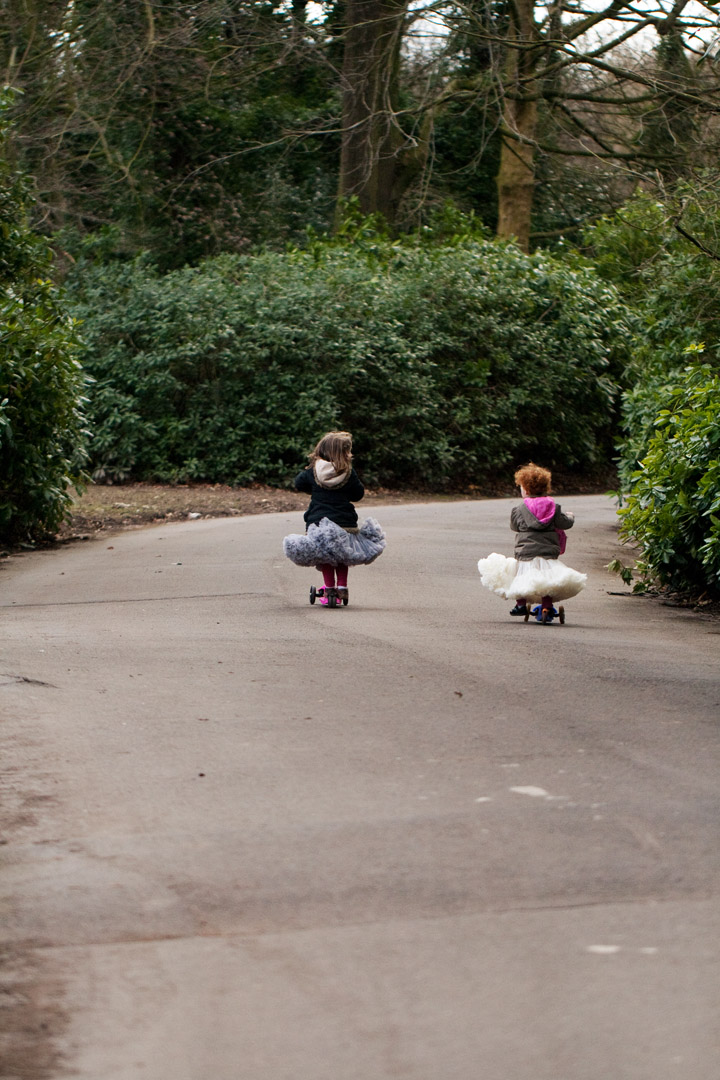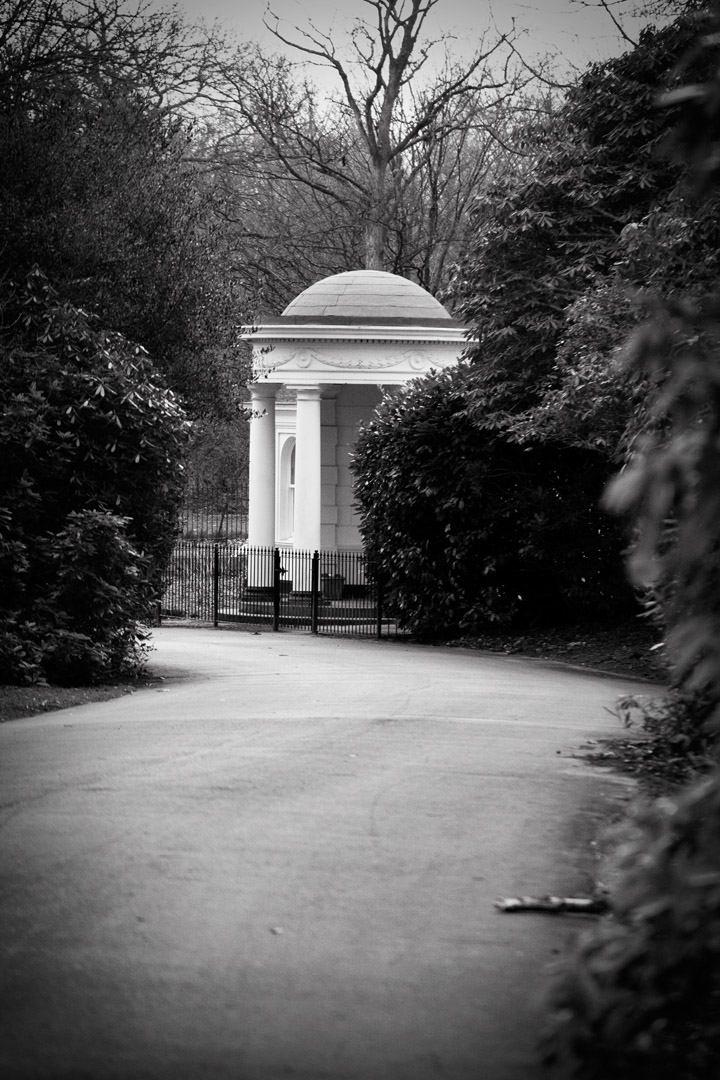I am a big fan of the semi-automatic modes on a camera. Everyone seems to believe that the only way to shoot decent images is to be fully manual and be in control of all aspects of the image.
well…yes…maybe…. but there is a really big BUT…
You have to be able to know what you are doing in manual and moreover know how to set and change your settings very quickly….. not such a problem i grant you if you are shooting a landscape..because a landscape isnt going to get all ants in its pants about sitting still on that lovely bench you have just plonked it on with its siblings.
No, most of us are mamarazzi, we are photographing our children and lets face it kids are often busy little things who don’t take much to being asked to stay still.
Unless they are asleep…and then you can knock yourself out playing with manual settings on your camera. 😉
But the truth of it is we want to capture memories and moments along the journey that is our own family story and i can tell you for nothin’ no kid of yours is going to look back at a picture of them proudly taking their first wicket in cricket and solemnly say to you ‘so what ISO did you have that on mama?’ 😉
Sometimes you just have to get the shot. In the can. If you don’t have time to faff with camera settings or you are not sure..wizz round to the ever faithful green square on that expensive camera of yours, pop the shutter and be PROUD. Remember whats important and prioritise.
So anyway… semi-automatics. Like it suggests it controls some of the picture taking parts but not all. The main two that all most reasonable cameras will have is AV(aperture) or TV/S (shutter).
Basically they work like this:
Aperture Priority – lets you control the aperture (thats what gives you the blur) – the camera then picks the shutter and the ISO
Shutter Priority – lets you control the shutter (coping with movement) – the camera picks the aperture and the ISO
Now in theory – your camera should pick the right settings so that you get a reasonably exposed image. But that will depend on where you are and what the light is like.
These settings are a great way of learning how that one particular process (aperture or shutter) works.
Shutter- Speed
Do me a favour and if you have a dslr go and set it to a shutter speed of 1/10. Right press the shutter and listen and watch the front of your camera. The snapping sound is the shutter opening for one tenth of a second.
You can have it open for longer, if you can scroll up to a number with a symbol like this ” on the side. That is an entire second..so you can have your shutter open for 8 seconds if you like? Enough for you to go in and out the kettle on! Now wind it back up to 1/500 (if you can) and listen to how fast it goes..POW. Its all about action and thats what you are talking about with shutter speeds.
You can experiment with slow shutters – gives that lovely blurry effect and can give a real impression of movement..
These two pairs below are the same image but shot with a different shutter. Its more dramatic in the water one but you can see in the picture of my son how much clearer the jump is on the faster shutter (look at his finger tips)
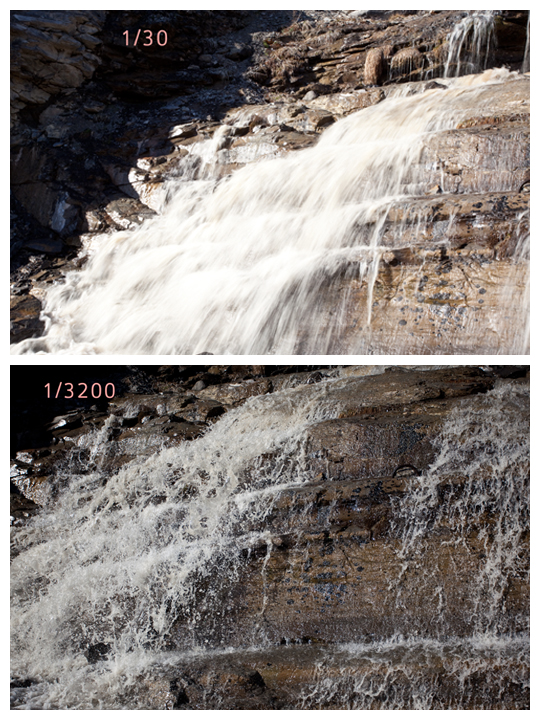
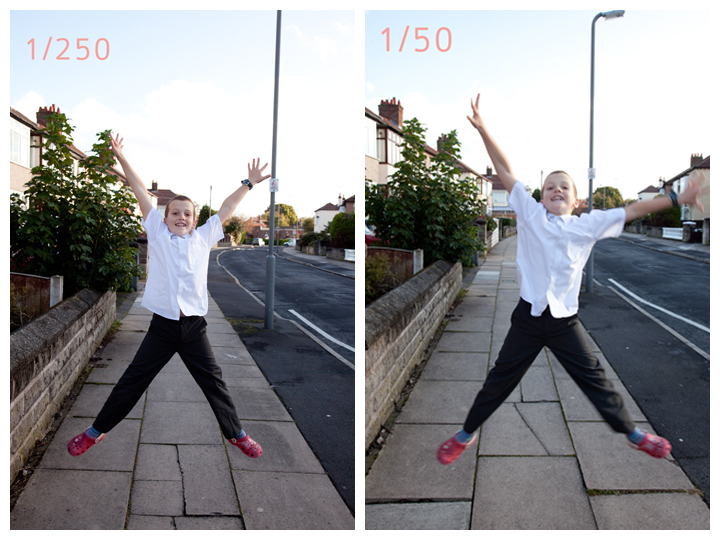
So when you are planning on taking some pictures of something or someone moving fast then switching up to shutter priority would be a good move. Or if you want to capture the flow of water like the first two images here then go back down to a slow shutter speed and get some of those gorgeous effects. Just a little note though when your shutter is opening very slowly the camera will be effected by any movement…your hands moving, breathing..so you might want to think tripod or just jam yourself against something like a wall and hold your breath when you press the shutter 😉
There is the classic jumping on the trampoline..try and do this without shooting through the mesh..its a bit tricky to pull off when your subject is moving all the time.

Playing with shutter speeds can give you a lovely capture of smallest of movements. Hair blowing in the wind…and other things blowing in wind. In the interest of authenticity i didn’t edit out the spit 😉

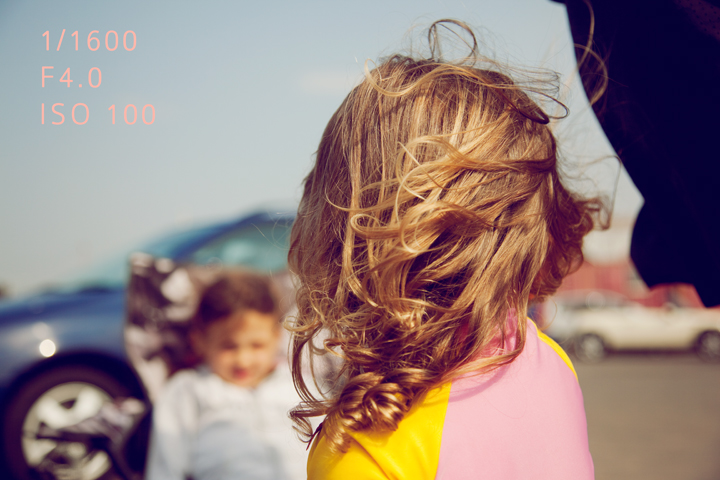

The one that we all are after, the school sports day shot.

Slower shutter produce really dramatic effects, like slowing down and blurring the gorgeous flames of the fire
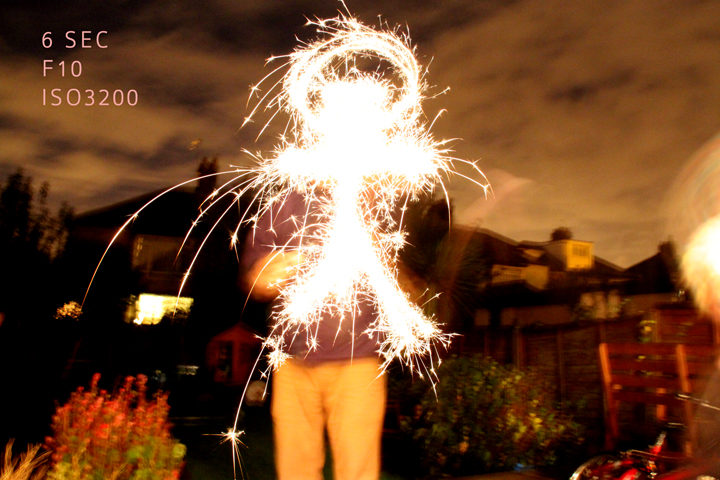 couldn’t do a post on shutter speeds without the firework one. I didnt have my camera on a tripod for this shot. I should have but what i did do was wedge myself against the doorframe for a bit more stability.
couldn’t do a post on shutter speeds without the firework one. I didnt have my camera on a tripod for this shot. I should have but what i did do was wedge myself against the doorframe for a bit more stability.
There you have it, so how about popping your camera onto shutter mode and getting out there and having a play.
Do let me know how you got on!
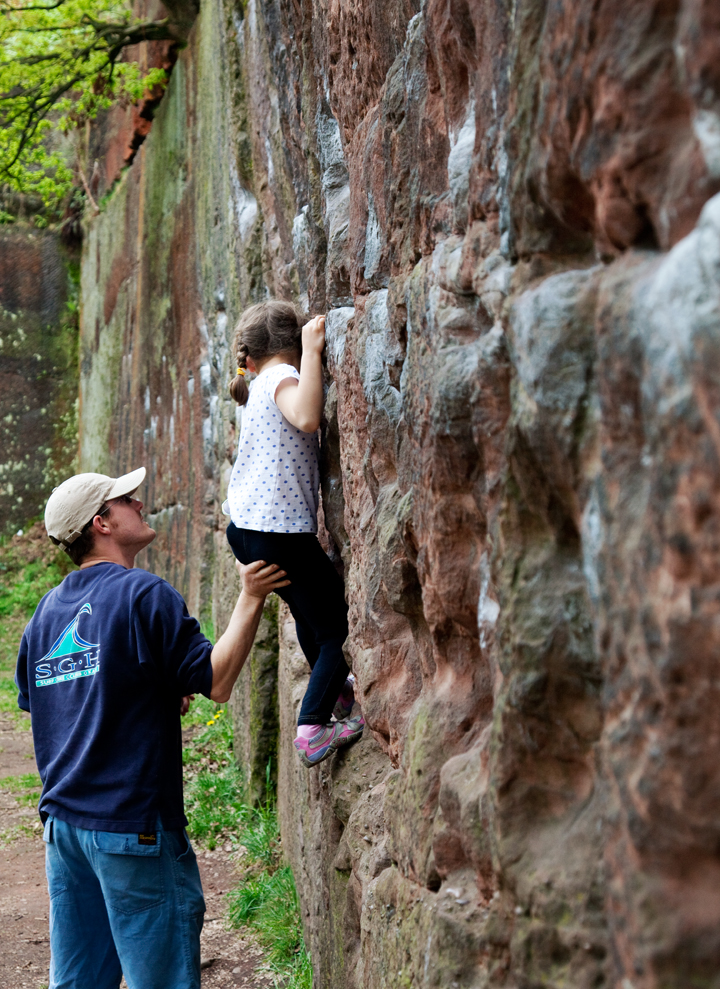
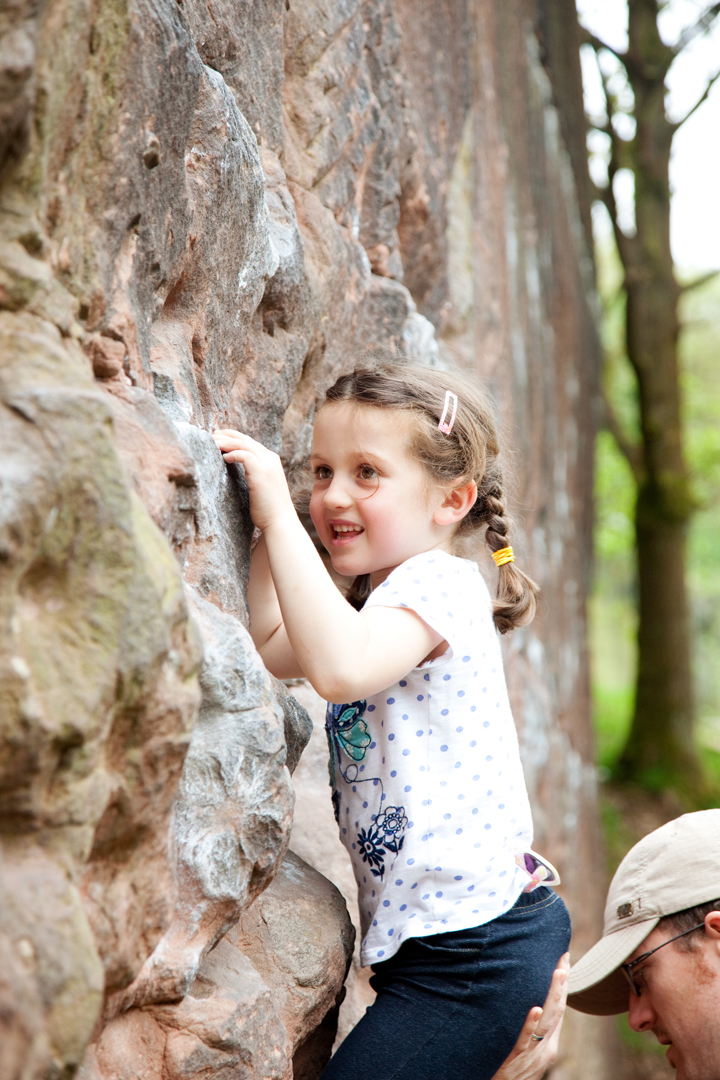
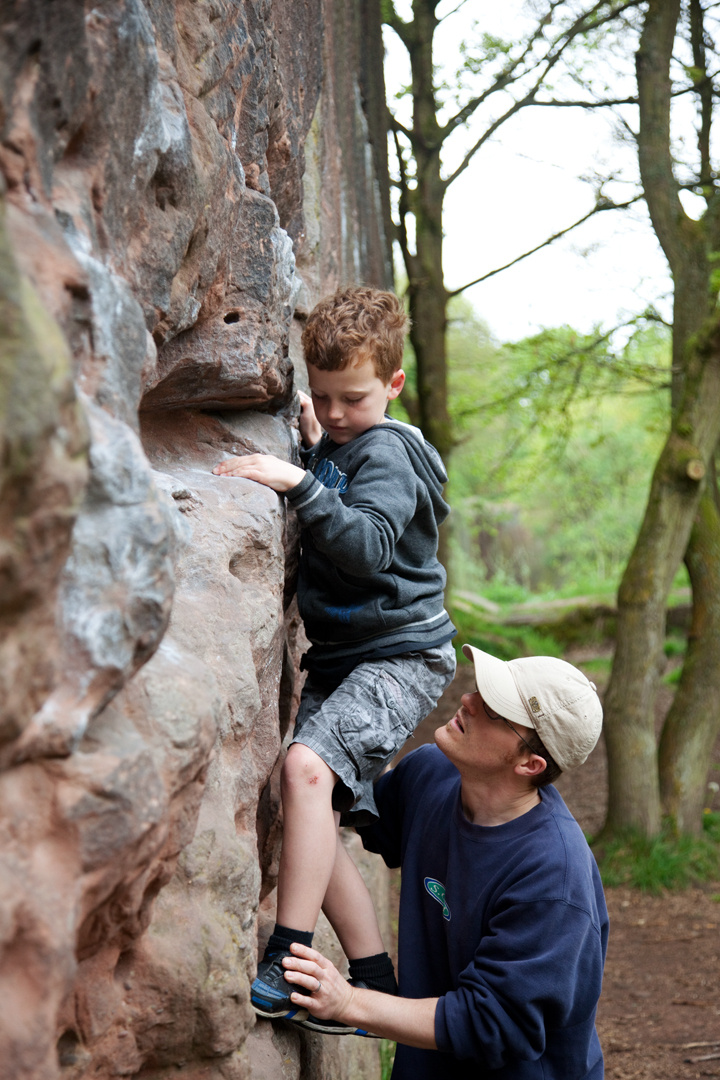
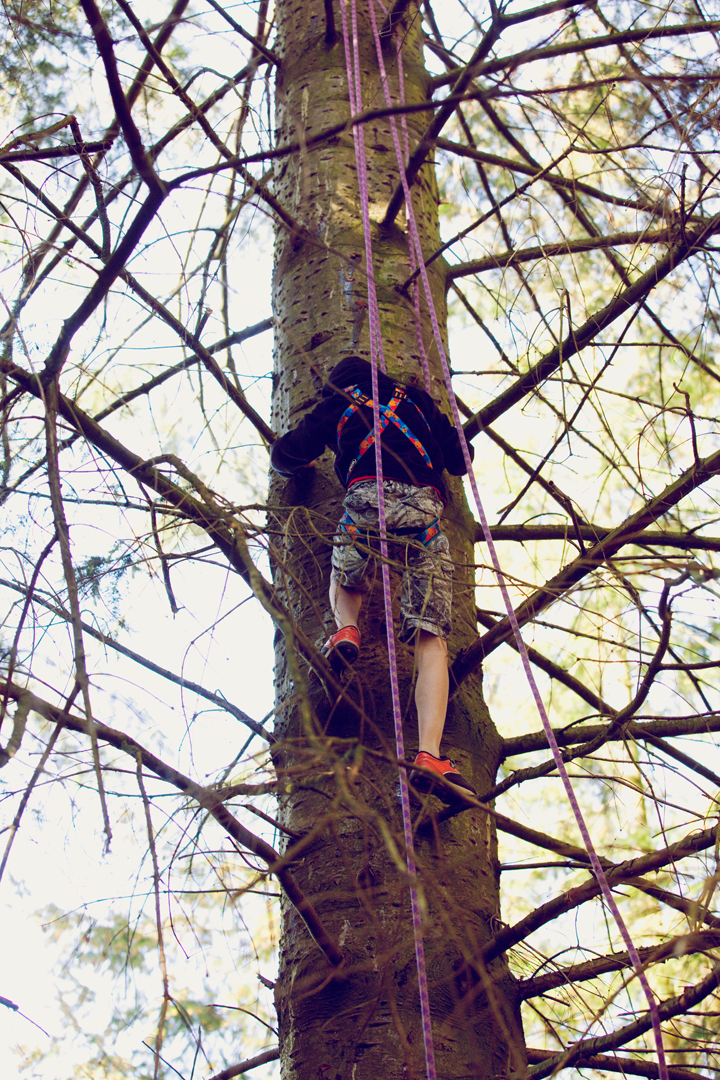
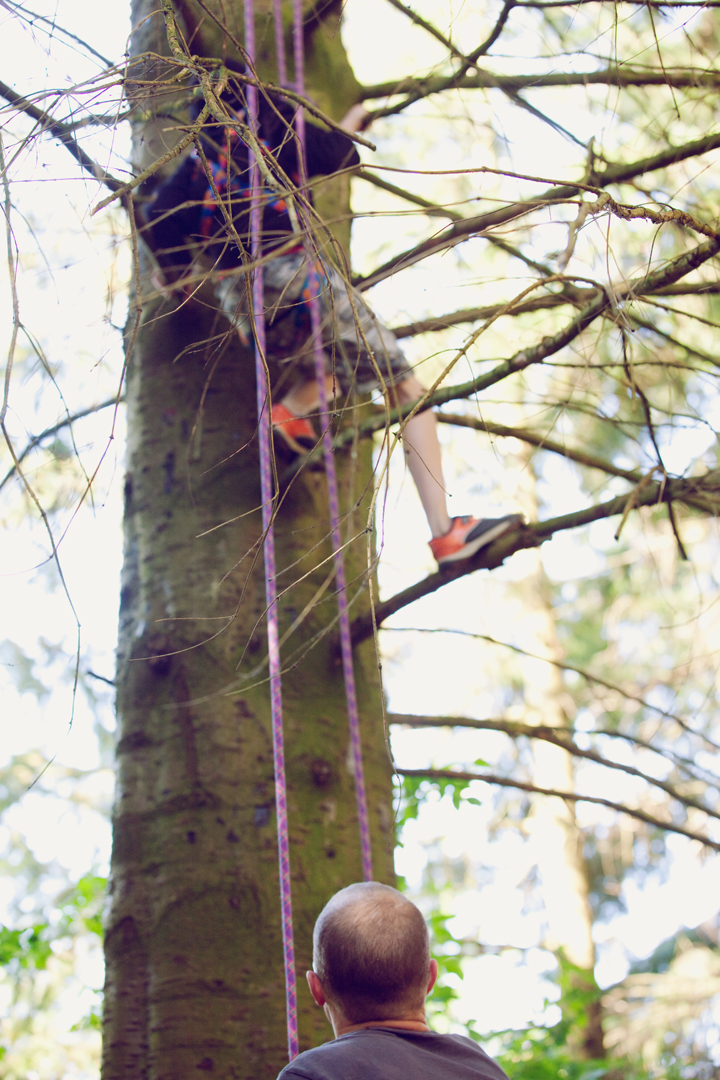
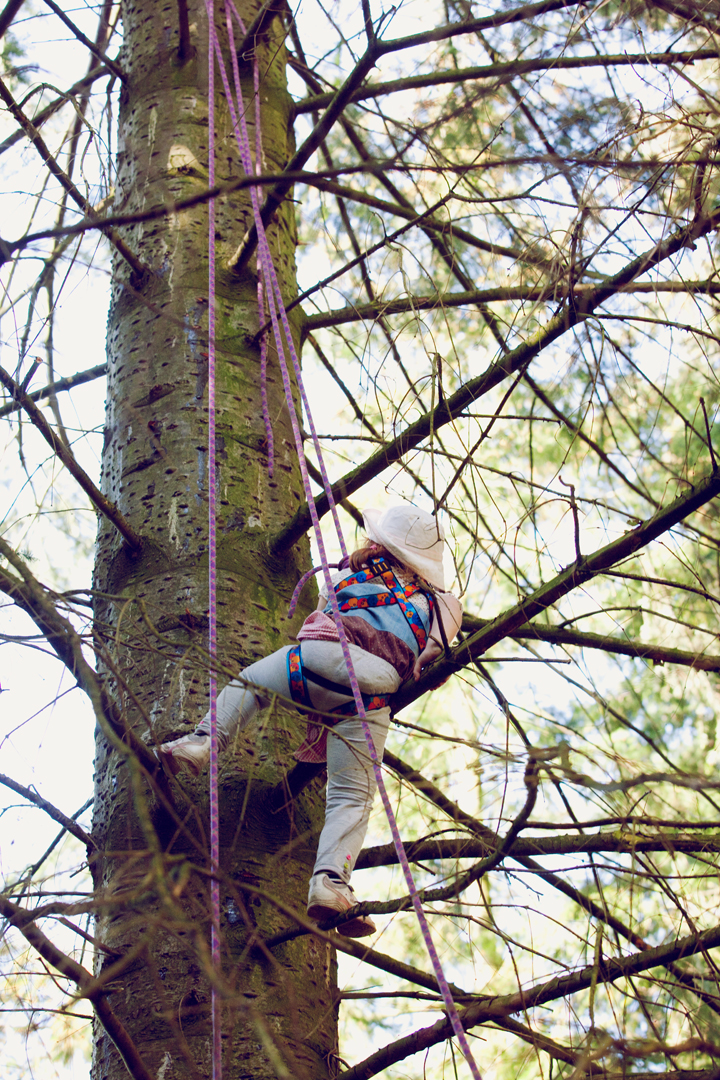
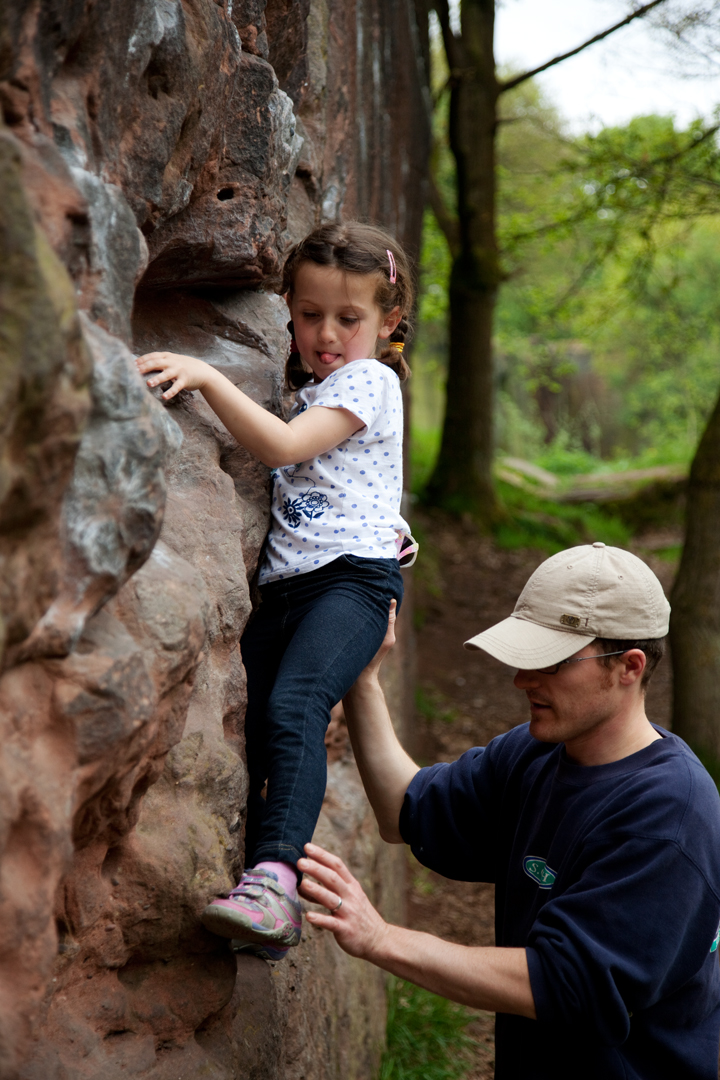
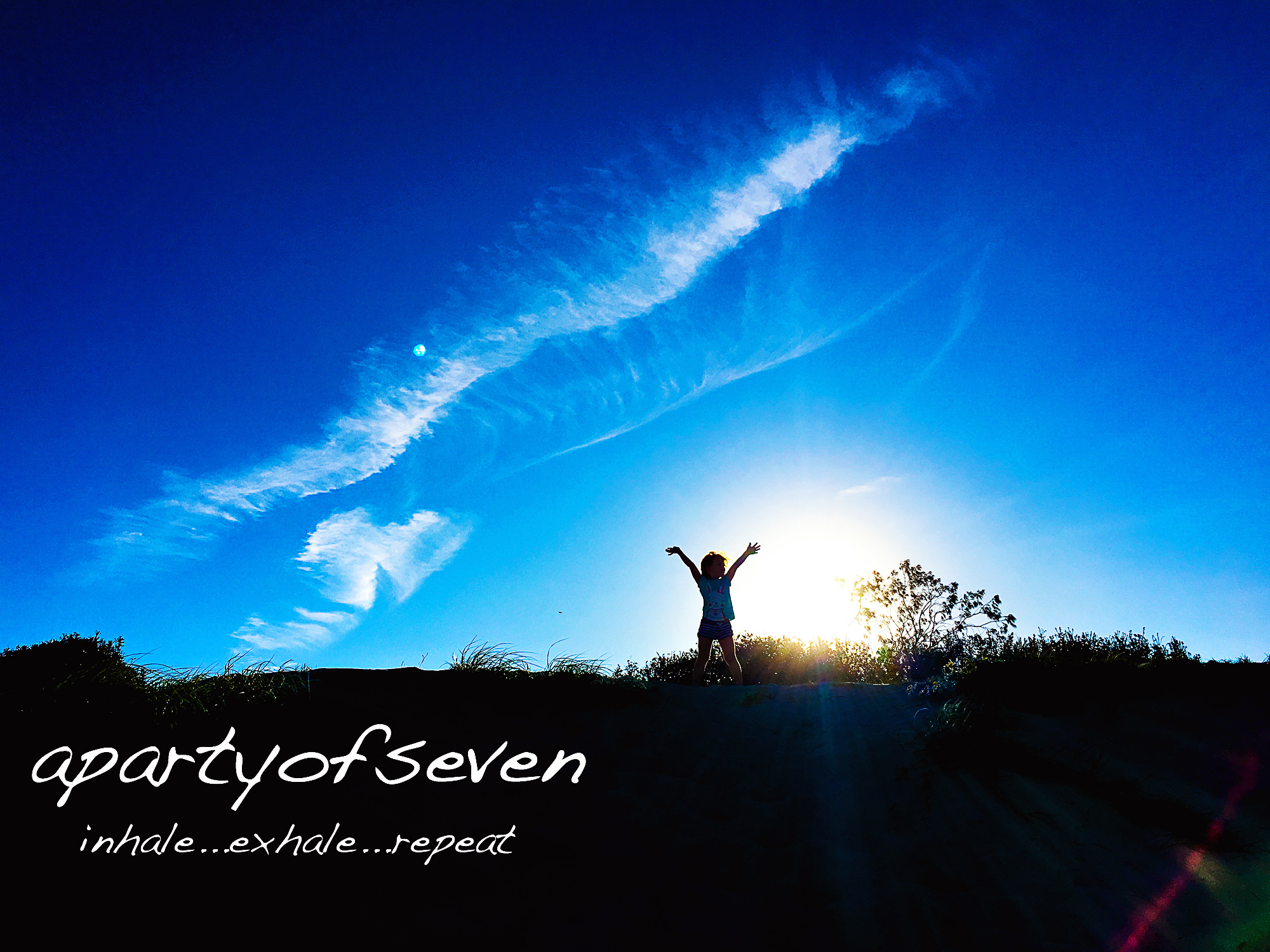









 couldn’t do a post on shutter speeds without the firework one. I didnt have my camera on a tripod for this shot. I should have but what i did do was wedge myself against the doorframe for a bit more stability.
couldn’t do a post on shutter speeds without the firework one. I didnt have my camera on a tripod for this shot. I should have but what i did do was wedge myself against the doorframe for a bit more stability.
